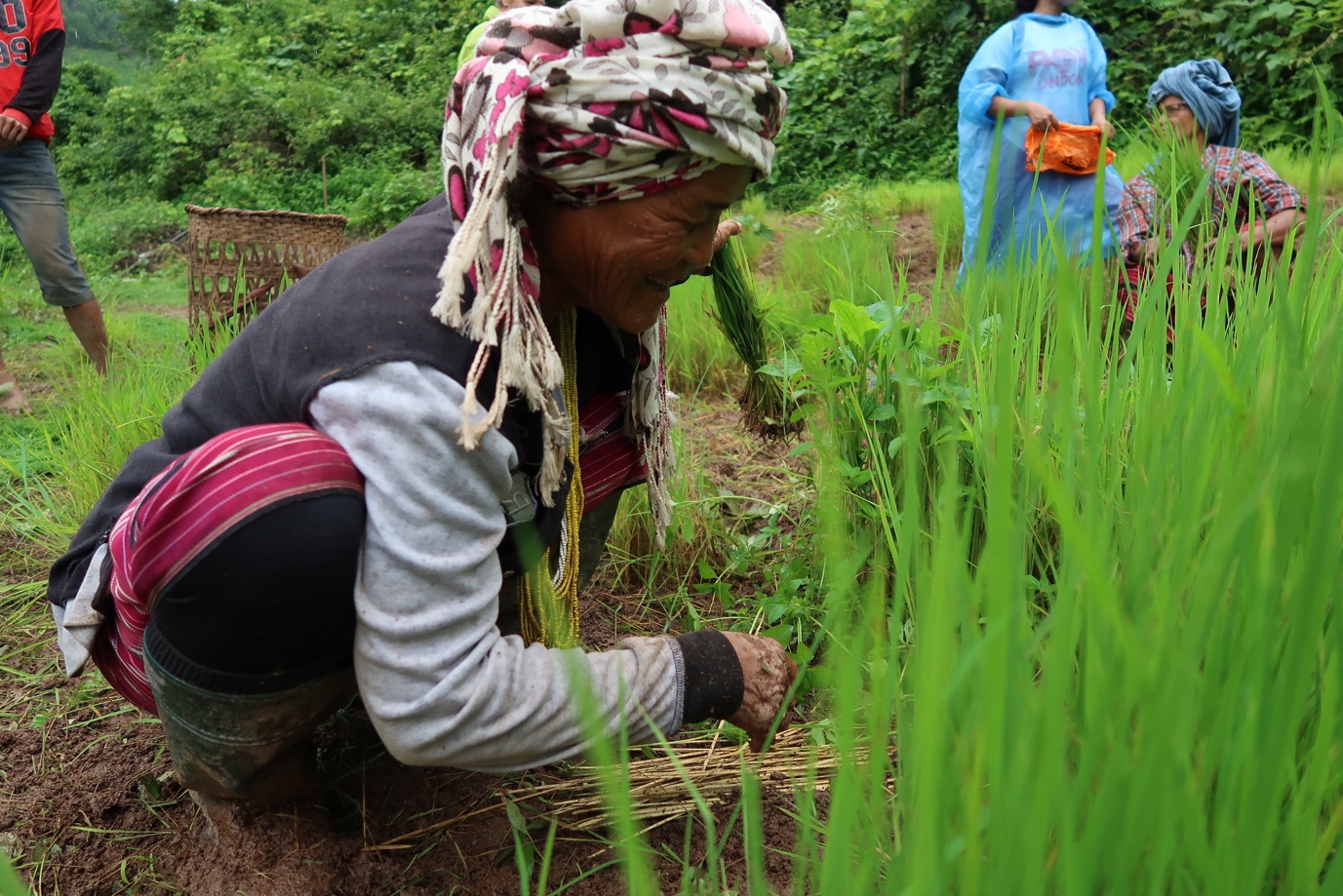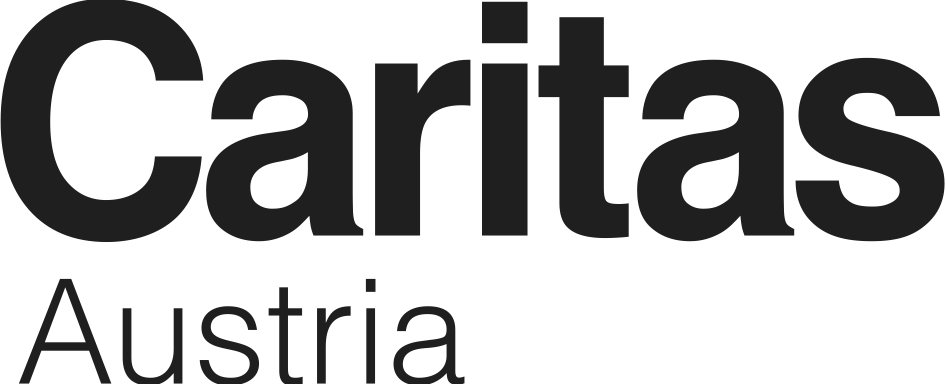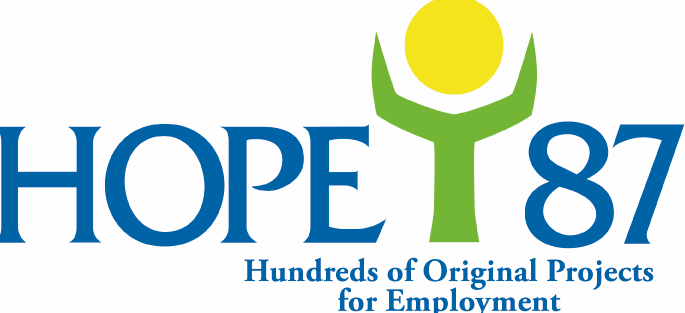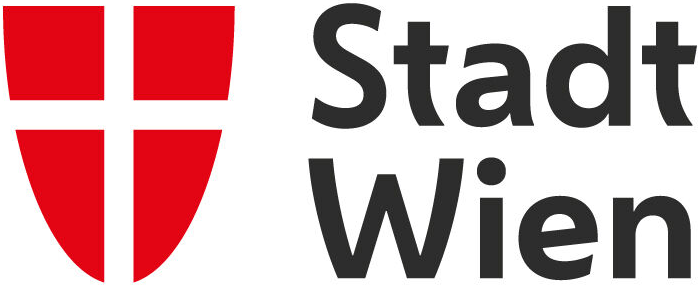By: Richard Bärnthaler
On the 73rd session of the UN General Assembly in September 2018, Achim Steiner, UNDP Administrator, stressed the institutional inertia in bridging the humanitarian-development divide: “[It’s] simply common sense that when you do humanitarian support, you should always already be thinking about how countries can recover in development terms and vice versa.” Crucially, however, Steiner continues, “we need to reinvent the way we think about (…) development partnerships. (…) We need to study where the energy and innovation is emerging from within a society (…). They are at the cutting edge of trying to find solutions to the realities within their communities.”[1]
Against this impulse, buzzwords like “modernization” or “convergence” still characterize many development partnerships. Knowledge and skills are expected to be transferred linearly from the Global North to the Global South to provide the countries at stake with the capacities to understand and deal with social, political, economic, or environmental challenges. Under the pretext of universal rationality, such interventions often tend to petrify knowledge and power asymmetries as well as geographical temporalizations in which “those others” are said to be “lagging behind.” With distinct polemical overtone, the Austrian-born philosopher Paul Feyerabend[2] signposts the underlying rationale:
Now there was much talk of liberation, of racial equality – but what did it mean? Did it mean the equality of these traditions and the traditions of the white man? It did not. Equality meant that the members of different races and cultures now had the wonderful chance to participate in the white man’s manias, they had the chance to participate in his science, his technology, his medicine, his politics.
Such cultural invariance not only fails to address complex and local realities, accredits an a priori legitimacy to Western ideals, stabilizes knowledge hegemonies, thus preventing certain voices from being heard, but also forgoes the opportunity to learn from and utilize approaches that already exist in local communities.
Thus, we must indeed rethink development partnerships. Transdisciplinary work could prove vital in these regards. Transdisciplinarity is a new framework for organizing knowledge. It not only transgresses disciplinary boundaries but, what is more, includes multiple actors and groups into the process of knowledge production from the beginning (starting with the framing of a problem). In doing so, it acknowledges and utilizes different forms of knowledge (beyond academia) that already exist in local communities and builds up or strengthens the capacities of multiple voices to be heard. In this spirit, different knowledges cannot be ranked on a quantitative scale, but are simply qualitatively different. Transdisciplinarity’s place-based character allows for context-specific solutions, bringing together multiple perspectives. It promotes knowledge exchange instead of transfer and acknowledges the plurality of legitimate answers in addressing local, regional, or global challenges. Developing such a new framework will not only demand new ways of thinking from those who are involved in a project but also from those who develop project schemes of this type (e.g., who can apply for projects and which activities are being funded).

Image 1: Picture from a field trip in Mae Chaem (Thailand), which was conducted in the framework of the ERASMUS+ funded project KNOTS (Fostering multi-lateral knowledge networks of transdisciplinary studies to tackle global challenges): https://knots.univie.ac.at
Author: Richard Bärnthaler works at the Institut for Multi-Level Governance and Development (WU Vienna) and the Department of Development Sudies (University of Vienna) on questions of science research and philosophy, transdisciplinarity, as well as transformation research.
______________________________________________________________
[1] https://www.devex.com/news/undp-administrator-steiner-on-un-reform-undp-strategy-and-humanitarian-aid-nexus-93491
[2] Feyerabend, Paul. 2010. Against Method. 4th ed. Verso. Page 278


















